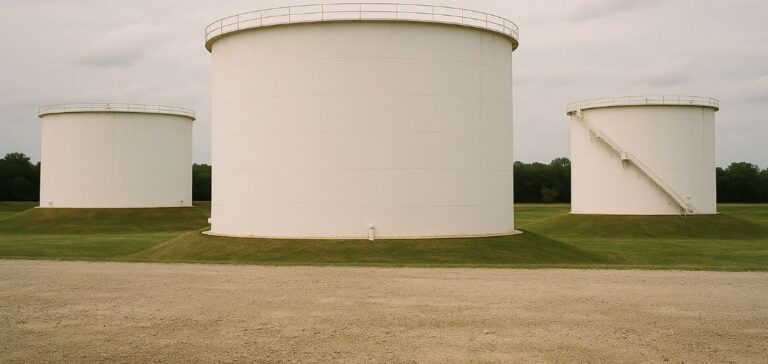US commercial crude oil inventories increased by 2.6 million barrels in the week ending 4 April, according to data released by the Energy Information Administration (EIA) on 9 April. This change aligned with analysts’ expectations, who had forecast a similar increase based on a consensus compiled by Bloomberg. Excluding the Strategic Petroleum Reserve, total inventories reached 442.3 million barrels, the highest level recorded since early July 2024.
Weekly statistical adjustment by the EIA
The recorded increase may partly result from a technical adjustment. The EIA, which routinely revises figures from previous reporting periods, deducted approximately 968,000 barrels per day from the volumes initially reported as entering the US market. This adjustment does not reflect actual activity during the observed week but is part of a methodological recalibration. Concurrently, stocks at Cushing, Oklahoma—the main delivery point for West Texas Intermediate (WTI)—rose by approximately 700,000 barrels.
Decline in production and cross-border flows
Domestic crude production saw a slight decrease to 13.45 million barrels per day from 13.58 million the previous week. This drop was accompanied by a notable reduction in imports (-4.28%) and exports (-16.41%) over the same period. Refinery utilisation experienced a modest increase from 86% to 86.7%, a factor that can limit stock accumulation under certain operational conditions.
Impact on oil markets
Following the EIA’s data release, crude prices briefly reacted before falling sharply. The West Texas Intermediate barrel for April delivery traded at $56.40, down 5.40%, while Brent crude from the North Sea for May delivery declined by 5.13% to $59.60. These price movements occurred against the backdrop of ongoing trade tensions between the United States and China, which continue to exert pressure on energy markets.





















